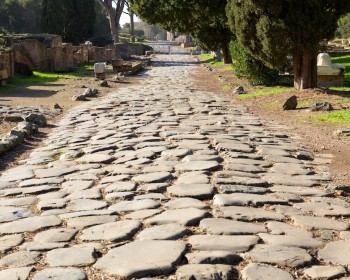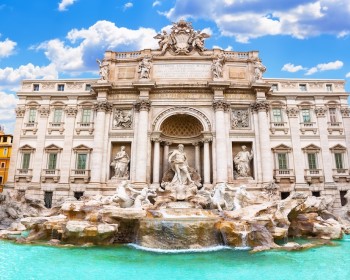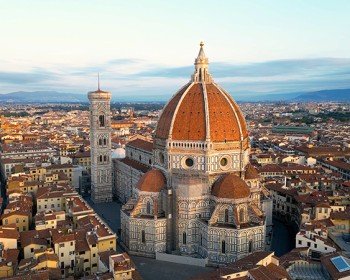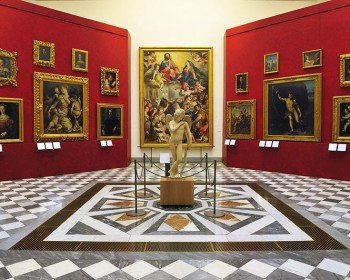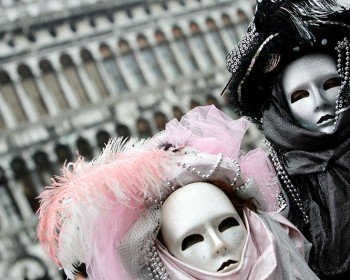Not everyone knows that there is a completely different way of living Epiphany’s Eve in Faenza, a small town in central Italy, near Bologna and Ravenna. The renowned Nott de’ Bisò, which takes places every year on January 5th, is an unmissable event where locals celebrate the end of a cycle and the beginning of a new one.
What are its origins? What is Bisò?
Check out below to discover those and more anecdotes about this special time in Faenza.
History of Nott de’ Bisò
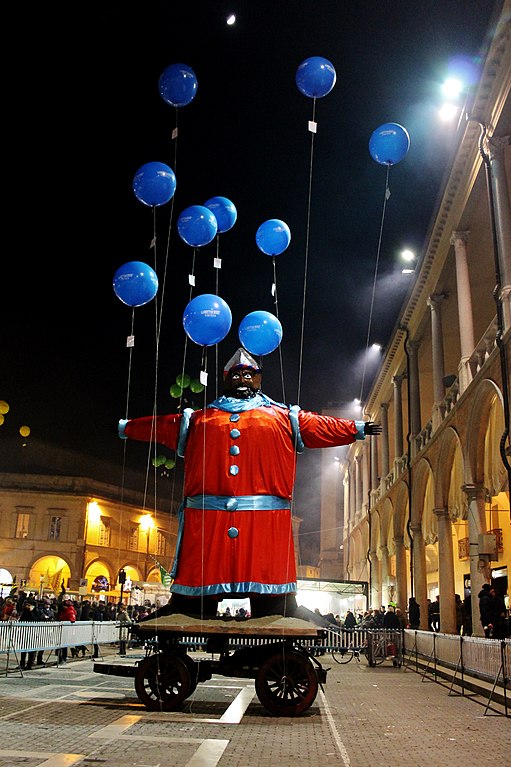
Photo Credits: RobertaSavolini, Faenza Nott de Bisò, CC BY-SA 4.0
The traditional Nott de’ Bisò is deeply linked to another iconic occasion happening yearly in Faenza: the ancient Palio with medieval origins. The local Palio is commonly known to be a horse race that takes place every June. It was established for the first time in 1164 by Federico Barbarossa. The key players of this challenge are riders from the 5 districts of the town, each one with a different colour, that compete in Faenza stadium.
The last popular event of the so-called Palio del Niballo is precisely Nott’ De’ Bisò, whose roots date back to 1964. It could be translated as “The night of mulled wine”.
On January 5th at midnight, a puppet resembling Hannibal, a saracen warrior that represents misfortune, is burned on a huge bonfire along the main streets of Faenza city center. The puppet, called Niballo, wears clothes of the same color of the Palio’s winning quarter. It is used as a symbol of the last year, that will be burned to propitiate good things to come.
A person from the winner community, who would be dressed up with XVI century costume, will start the fire in Piazza del Popolo at the puppet arrival on a float driven by steers.
The lively atmosphere of the awaited event turns to be much more fascinating when a myriad of colourful balloons are flying in the night’s sky bringing hopeful messages to the readers.
While waiting for the glowing fire, it is possible to taste culinary delights from the Emilia Romagna region. The one we prefer is obviously Bisò, that gives the name to this charming night.
Culinary specialties of Nott de’ Bisò
Emilia Romagna in general and Faenza are places full of delicious dishes and drinks to taste. Their handmade recipes have been handed down for generations.
Among them, you cannot miss the traditional Bisò, a unique mulled wine prepared in this area. The red wine, usually Sangiovese, is cooked in a pan with orange peels, sugar, cinnamon and cloves. Later, it is served in the lovely Gotto, a ceramic cup from Faenza. Every year, locals create new gotto with the emblem of their competing neighbourhood. Don’t forget that each district has its own way of cooking Bisò, so all you need to do is to taste them all!
Where does the word Bisò come from? Some say that it is the contraction of “Bevete su”, meaning “Let’s drink”. However, it is still uncertain.
Nonetheless, we are sure that you will find what to eat. In Piazza del Popolo in fact, there are countless stands promoting local products such as meat cooked on embers and piadine, a thin flatbread that you can fill with the ingredients you like most.
As a result, the central streets of Faenza are fragrant and both dishes and wine will warm up your body and soul.
Have you ever visited Faenza during the enchanting Nott’ de Bisò? Share with us your personal experience!



